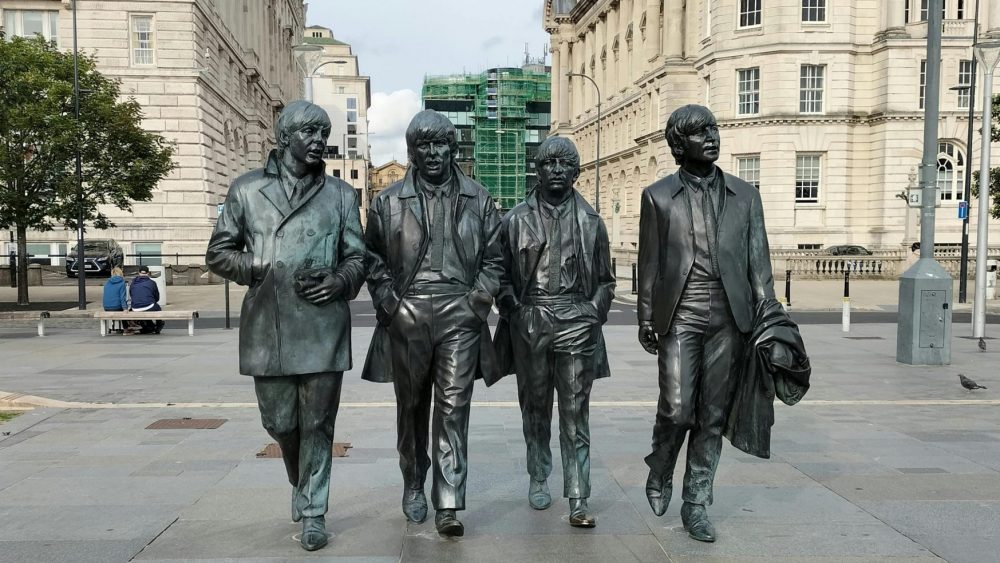“I don’t care too much for money, money can’t buy me love.” On the face of it a bold statement, but The Beatles left themselves a caveat. The key words in that sentence are: ‘too much’.
Can money really buy happiness? Yes, to a point. Just ask someone who has nothing. Or ask someone who has just received an unexpected bonus that means they are able to go on holiday.
There is a certain amount of money that gives us a subsistence level of income, that meets our basic needs. Then there is a further amount that buys us leisure items and experiences that make a significant contribution to wellbeing. Finally there is an amount that, if we have it, we can choose to invest, to guard against financial worries in the future or to bring our chosen future closer.
Sadly in today‘s society these needs are far from realised for many. But for those who are fortunate enough to be able to provide for their family‘s present and future the question of extra money making you more happy becomes not only fascinating (at least for me and John and Paul) but hugely relevant in our age of growing inequality.
Research has shown that the amount of additional wellbeing that more money can provide, after our basic needs are met, begins to reduce significantly. A way of grasping this important truth is that we should all be able to answer the crucial question: “How much is enough?”. This can be found by creating even the most rudimentary financial plan.
Financial planning is really very simple, and it is not only something for the wealthy. Financial planning is a matter of working out what you want from life, then spending your money on that. Except, of course, working out what will make you happy is not always that easy. The important thing is to start the process. Talk to your loved ones. Get advice! See what might be possible, then plot a path towards it.
I wrote The Financial Wellbeing Book (and podcasts) to help people go through this process. What I have found over twenty years in financial planning is that when people do work out what they want from life, they generally discover that the things that make them happy do not require significant funding.
It is the quality of our relationships, for example, that contribute most to our wellbeing.
Often it is time that people would like to buy more of. Having financial options in life is one of the five key component parts to financial wellbeing. That means thinking about what we spend now, or, if we are in that position, what we save for later in order to buy those options for your future self or for others.
It seems, then, that the get out clause that The Beatles factored into their sentence was very wise. They didn’t care too much for money. Just enough.
Chris Budd is a trustee of Happy City and MD of Ovation Finance Ltd
Photo by Amanda Malec: https://www.pexels.com/photo/beatles-statue-in-liverpool-17686599/



Comments are closed.